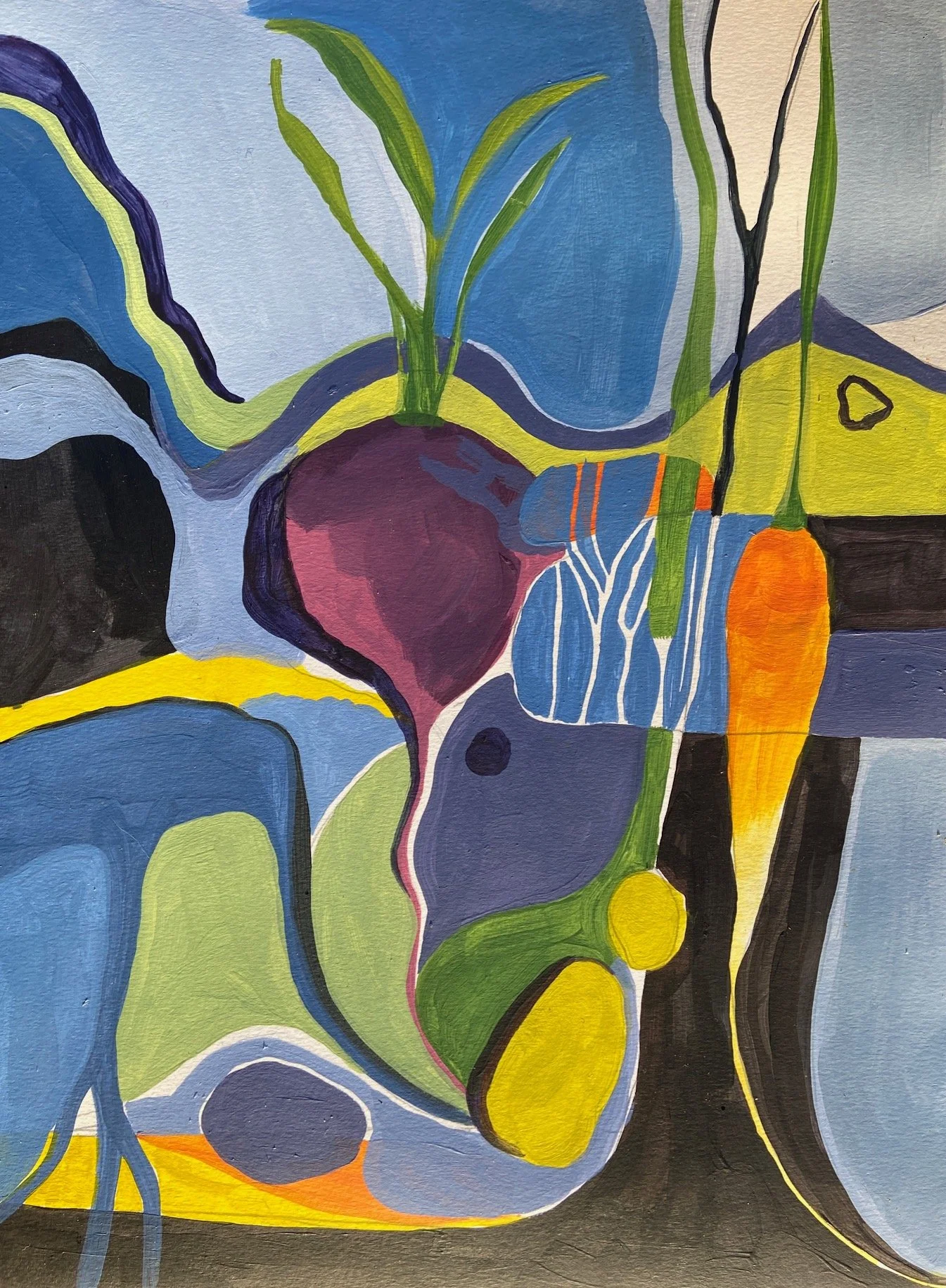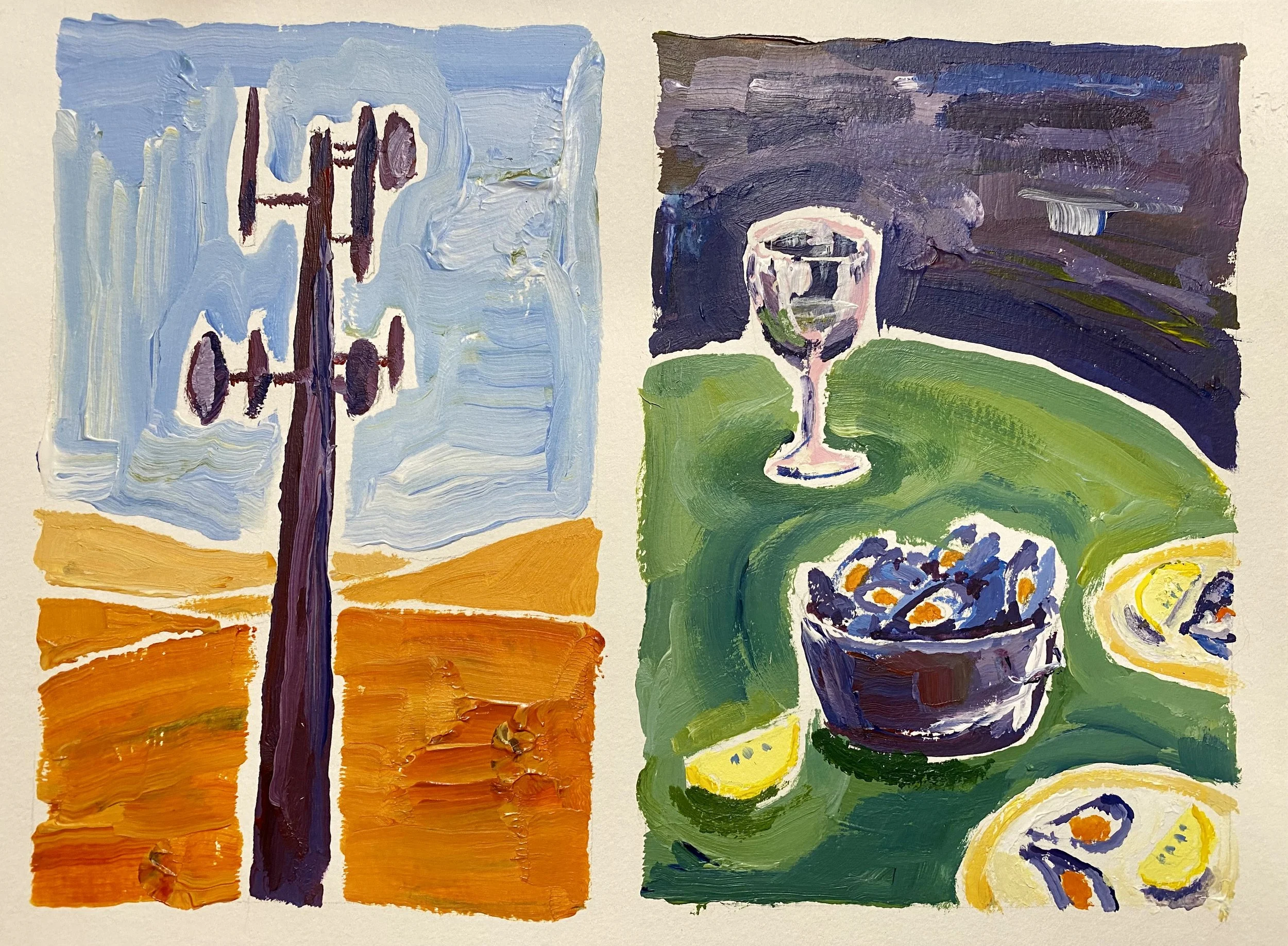
SEDA Health and Wellbeing Green Drinks
Nature walk
Time: 2.30-4pm
Location: Astley Ainslie Hospital North Gate, pedestrian access, Newbattle Terrace, across from Whitehouse Loan.
Wellbeing talks and Green Drinks
Time: 4.30-7pm
Location: Columcille Centre, Edinburgh
SEDA Health and Wellbeing are delighted to invite you to the 'Nature Recovery' Tree walk in the 100 years old Astley Ainslie hospital grounds followed by talks focused on health and wellbeing in greenspaces.
Access to quality green spaces and wildlife rich environments can support health and wellbeing of individuals and communities, prevent social isolation and illness. People thrive in nature and reciprocal relationship between human health and nature protection is one that is not sufficiently acknowledged but crucial: the importance of a collaborative not a competing approach.
Our speakers will share their experiences on how living in nature can enhance lives, improving health and wellbeing of people and the planet.
Nature walks in Astley Ainslie hospital grounds with forester Willie McGhee, ecologist Prof Jonathan Silvertown and Green Health Programme Manager for NHS Lothian Ian Mackenzie including opportunity for befriending a tree.
Wellbeing talks and Green Drinks in Columcille Centre.
Speakers will include:
Keynote Speaker: Ian Mackenzie - Green Health Programme in NHS Lothian
Dr Michele Hipwell - Mindfulness, forest bathing and nature
Dr Sara Stevenson - The history of the Astley Ainslie Hospital, with a focus on health and wellbeing
Rachel Codd- Surviving in space... Thriving in Place - Designing with Biophilia
Dr Scott Olgetree- Relationship between society and the natural environment - Woods In and Around Town
Sophie Cooke - Novelist, poet, short story writer and travel writer
Music from Karine Polwart and Pippa Murphy with Dave Milligan on piano. Poetry from Sophie Cooke.

































